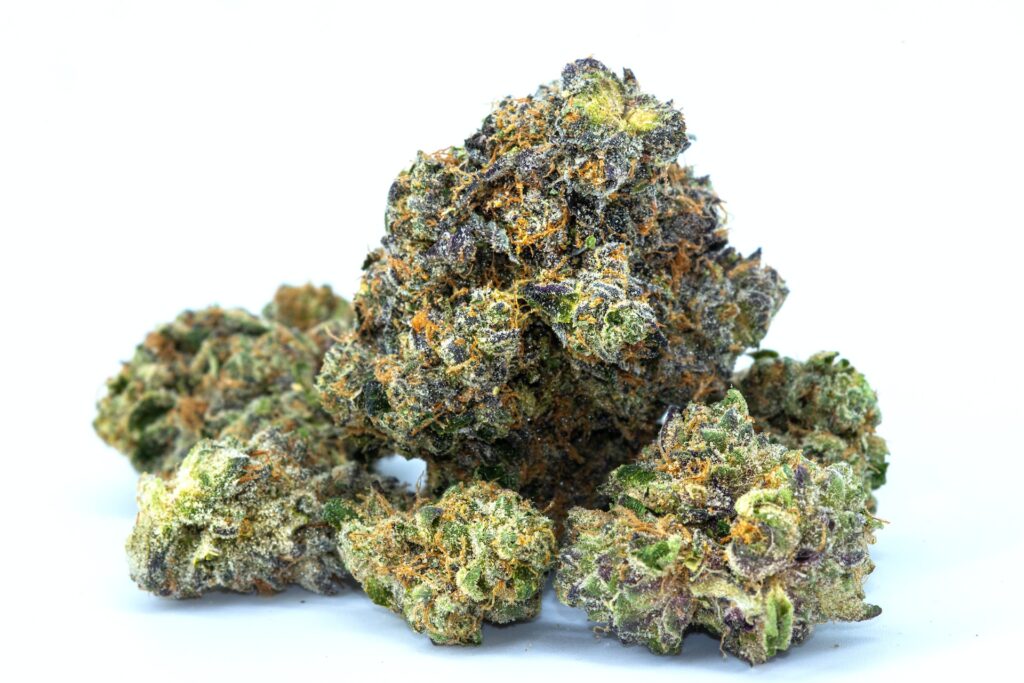Background:
Recently, medical cannabis uk produced from hemp and cannabis plants has become much more readily accessible and is being aggressively marketed. Customers may have seen it in common items. Although there have not yet been any definitive scientific studies to support these claims, medicinal cannabis utilized in these products has been linked to several health advantages, including reducing inflammation, pain, and anxiety, as was previously mentioned. There are several additional regulatory issues when buying and selling medicinal cannabis products, despite the fact that they are readily available on the UK market.
The Whole Regulation Explained:
In November of 2018, the United Kingdom passed new laws that define and legalize the use of “cannabis-based goods for therapeutic use in humans.” These regulations were submitted by the government (CBPMHs). In accordance with the Misuse of Drugs Regulations 2001 and the Misuse of Drugs (Designation) Order 2015, products that meet this description would be decided to move to Schedule 2, which would open the door for cannabis-based products to be made available on prescription from several qualified medical professionals.
The evidence adduced that there is presently no government policy regarding the conditions for which these products can be prescribed; in theory, this leaves doctors with the liberty to use their best judgment when prescribing CBPMHs. [CBPMHs] are also referred to as compounded biopharmaceutical medicinal products. In actuality, because there is a lack of guidance, in addition to a scarcity of cannabis education for doctors, this has resulted in the situation in which doctors are more likely to simply adhere to the limited guidance that has been authored by the National Institute for Health and Care Excellence (NICE) regarding cannabis-based medicinal products.
Additionally, the rules that regulate CBD products aren’t quite clear cut. When it comes to hemp, the restrictions are quite clear: only hemp with THC levels that are lower than 0.2% may be lawfully farmed, and farmers can only utilize the fiber and seed for commercial reasons if they grow it themselves. In comparison, there is a significant degree of uncertainty regarding the maximum legal concentrations of THC that may be found in CBD products produced from hemp.
Licensing Situation Explained:
In 2016, the MHRA stated that CBD products need to be approved if they are marketed as being suitable for medicinal purposes. It is permissible to sell non-medical items (such as dietary supplements, for instance), so long as no statements are made regarding the therapeutic value of these products. In this competitive and complicated market, it is wise to get advertising counsel.

